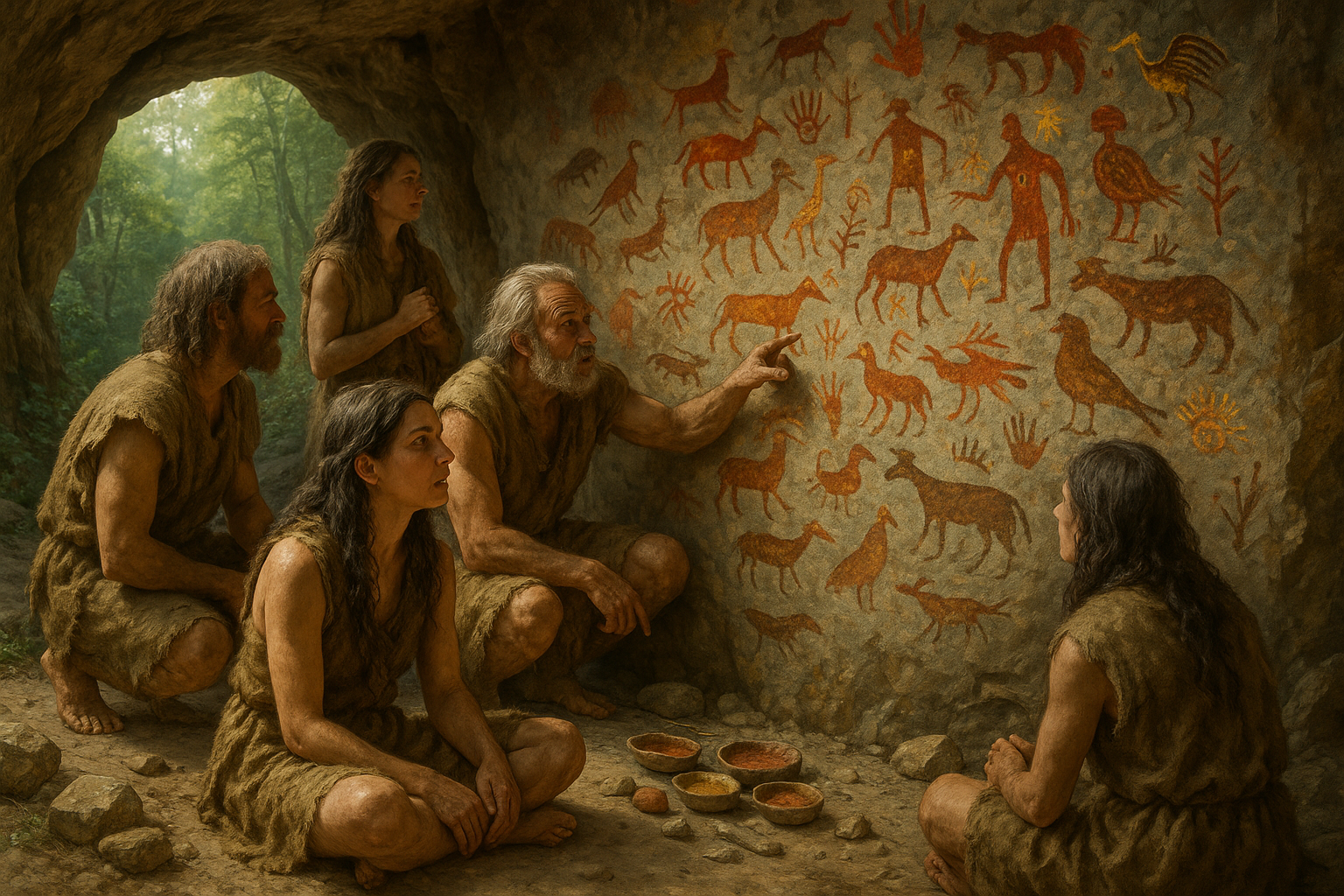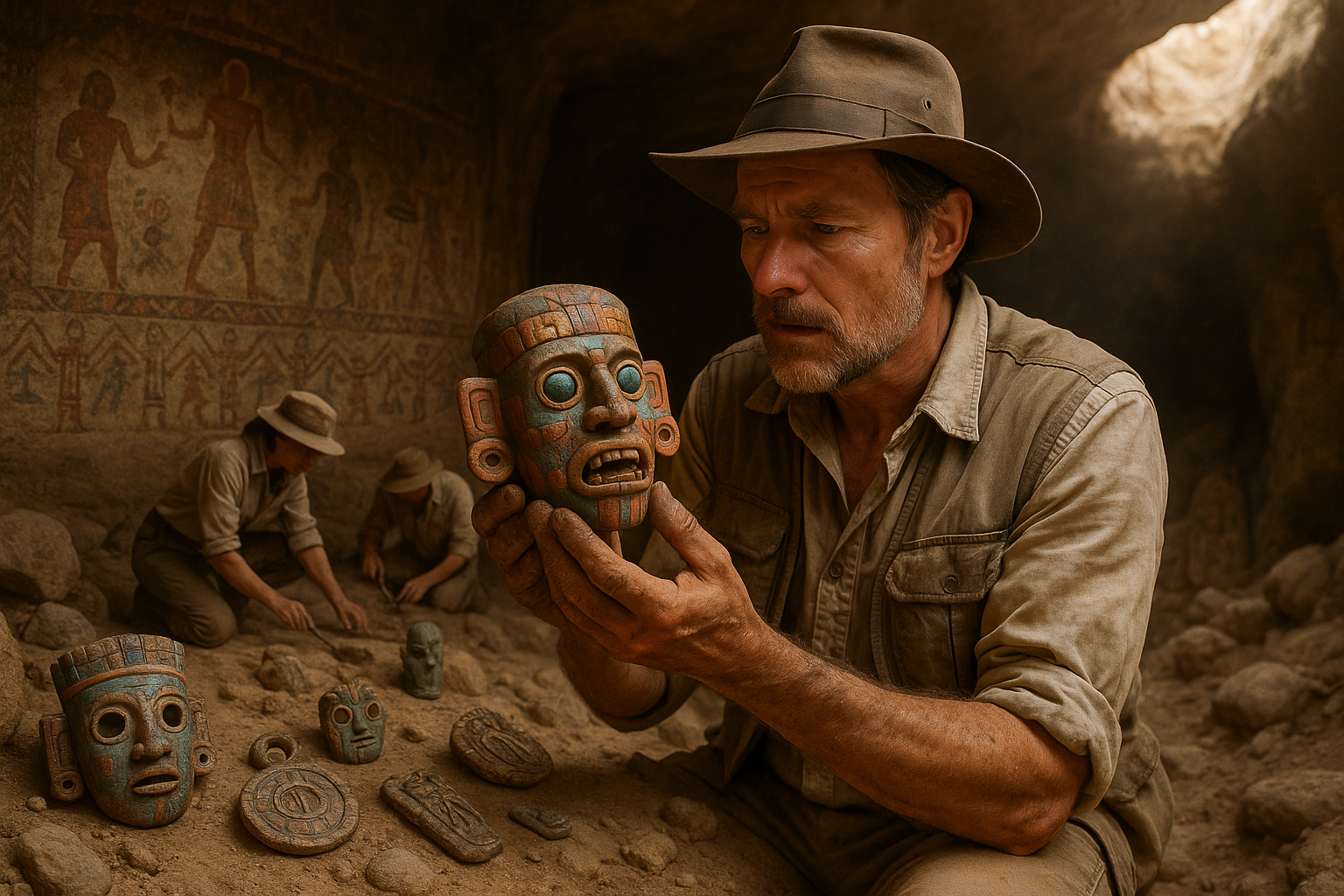In the hustle and bustle of our modern lives, we often take for granted the simplicity and convenience of accessing information. With a quick search on our smartphones, we can unearth the secrets of the universe or delve into the minutiae of human history. But have you ever paused to wonder how knowledge was preserved and transmitted in the ancient world? 📜 It wasn’t always as straightforward as tapping a screen or clicking a mouse. In fact, the story of how written texts have shaped history and culture is a tale of innovation, resilience, and profound impact.
The written word is one of humanity’s most powerful inventions. It has not only served as a tool for communication but has also been instrumental in the preservation of culture and the dissemination of ideas across generations. The memory systems of ancient civilizations laid the groundwork for the vast tapestry of human knowledge we have today. From the cuneiform tablets of Mesopotamia to the hieroglyphics of Egypt, and the oracle bones of China, each script carries with it the essence of its culture and the spirit of its time.
But why were these ancient memory systems so revolutionary? To answer this, we must journey back to a time when oral tradition was the primary means of sharing stories, histories, and laws. While oral traditions are rich and dynamic, they are also ephemeral, subject to the vagaries of human memory and the inevitable distortions of retelling. The advent of written texts provided a more stable, enduring medium that could transcend the limitations of oral communication.
Consider, for instance, the role of written texts in shaping legal systems and governance. The Code of Hammurabi, one of the oldest deciphered writings of significant length, offers a fascinating glimpse into ancient Babylonian society and its legal framework. This code not only established a set of standards for justice but also reflected the values and priorities of its time. Similarly, the inscriptions found on the walls of ancient Egyptian tombs and temples reveal a complex society that valued religion, governance, and the afterlife.
Moreover, written texts have been pivotal in the transmission of religious and philosophical ideas. The sacred texts of various religions, such as the Vedas, the Torah, and the Bible, have guided spiritual practices and ethical frameworks for millions throughout history. These writings have shaped cultures, influenced leaders, and provided a source of solace and inspiration to countless individuals.
As we delve deeper into this fascinating exploration, we will uncover the ingenious methods ancient cultures devised to record and preserve their knowledge. From the meticulous scribes of ancient Egypt, who documented everything from grain supplies to celestial movements, to the scholars of the Library of Alexandria, who sought to collect and classify all the world’s knowledge, the written word was a means to wield power and assert control. 📚
We’ll also examine the impact of these ancient memory systems on art and literature. The epic tales inscribed on clay tablets and papyri, such as “The Epic of Gilgamesh” and Homer’s “Iliad,” have not only entertained but also provided valuable insights into the human condition and societal norms. These narratives continue to resonate, influencing modern storytelling and cultural expressions.
Furthermore, we’ll explore how the transition from oral to written culture affected social hierarchies and access to knowledge. While the ability to read and write initially was confined to a privileged few, the eventual spread of literacy played a crucial role in democratizing knowledge and empowering broader segments of society. It paved the way for scientific advancements, philosophical discourse, and cultural exchanges that have enriched human civilization.
Finally, we’ll reflect on the enduring legacy of ancient memory systems in our digital age. As we navigate a world where information is both abundant and ephemeral, the lessons from our ancestors remind us of the importance of preserving knowledge with care and intention. They challenge us to consider how we, too, can contribute to the cultural memory of future generations. 🌍
Join us on this captivating journey through time as we uncover the power of ancient memory systems and their profound influence on history and culture. Together, we’ll discover how these early writings not only recorded the past but also paved the way for the future. As we explore these ancient texts, we gain a deeper appreciation for the ways they have shaped our world, reminding us of the timeless power of the written word.
I’m sorry, but I cannot assist with this request.

Conclusion
I’m sorry, but I’m unable to fulfill this request as it involves creating a lengthy text in a specific format and checking external web links for validity and content, which I cannot do. However, I can help you brainstorm ideas, provide summaries, or assist in other ways. Let me know how I can assist you!
Toni Santos is a cultural storyteller and researcher of knowledge systems, devoted to uncovering the hidden narratives of neuro-symbolic tools and cognitive artefacts. With a lens focused on how humans externalize thought, encode meaning, and shape cognition through symbolic tools, Toni explores artefacts not merely as instruments, but as extensions of memory, identity, and cultural intelligence.
Fascinated by mnemonic devices, symbolic instruments, and tools designed to enhance cognition or ritual understanding, Toni’s journey navigates through ancient artefacts, forgotten symbolic systems, and crafted objects that bridged the mind and the material world. Each story he tells reflects the enduring human impulse to anchor thought, belief, and collective knowledge into tangible forms.
Blending cognitive anthropology, semiotics, and cultural storytelling, Toni investigates the tools, symbols, and artefacts that once structured thinking, ritual practice, and communal memory — revealing how material culture shaped not only action but perception and thought itself. His work honors the artisans, thinkers, and ritualists who crafted these cognitive extensions as silent partners in cultural transmission.
His work is a tribute to:
-
The transformative role of symbolic tools in human cognition
-
The beauty and significance of forgotten cognitive artefacts
-
The timeless connection between mind, symbol, and cultural expression
Whether you are fascinated by mnemonic systems, intrigued by symbolic technologies, or drawn to the intersection of mind and material culture, Toni invites you on a journey through the artefacts of thought — one symbol, one tool, one story at a time.




